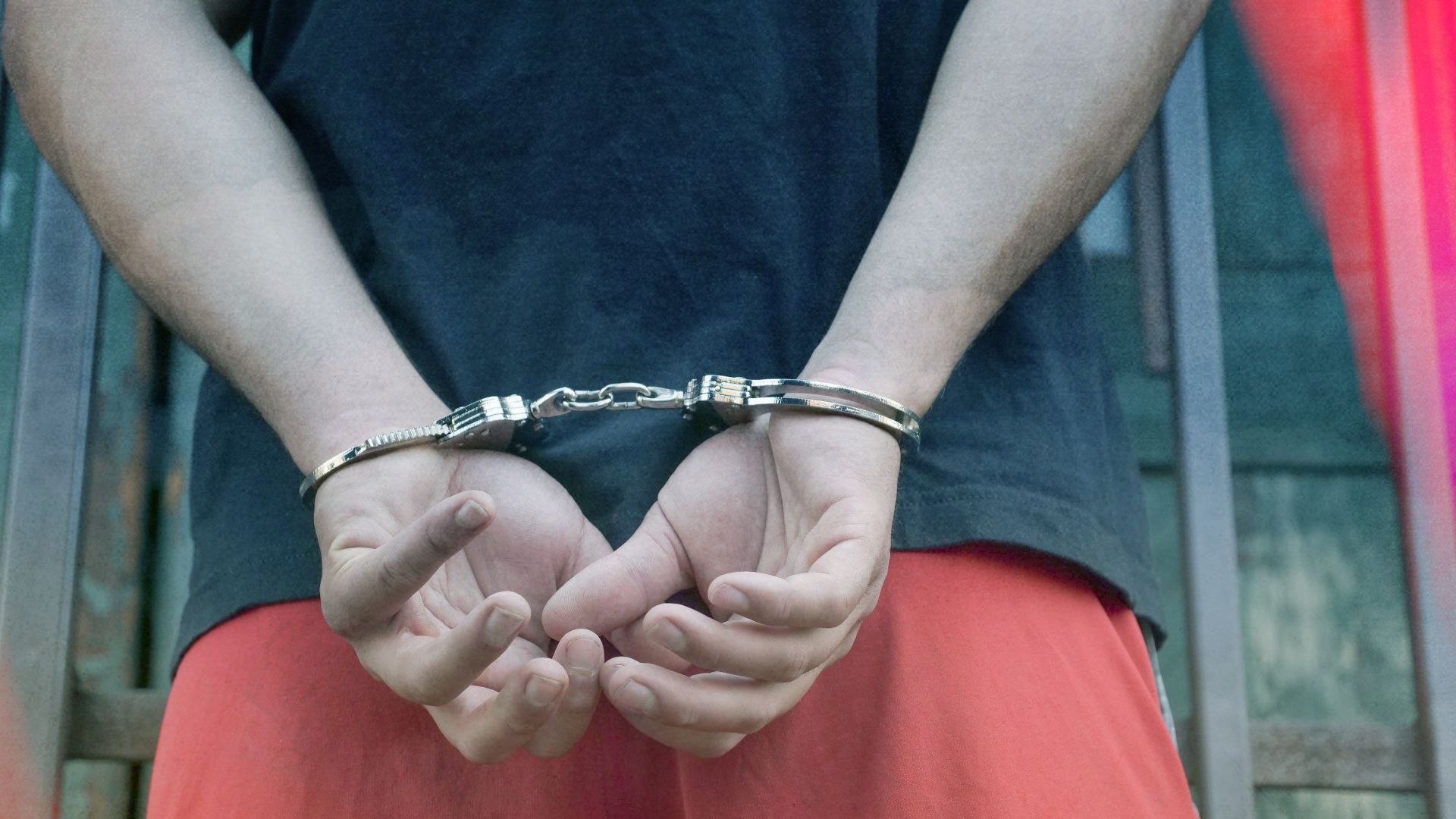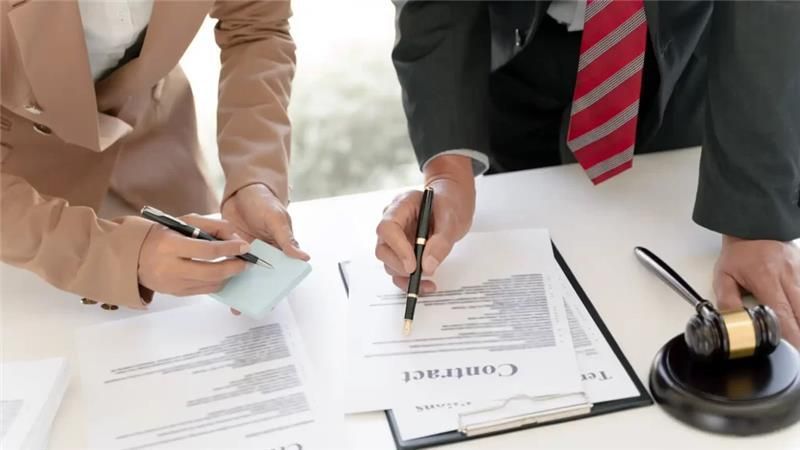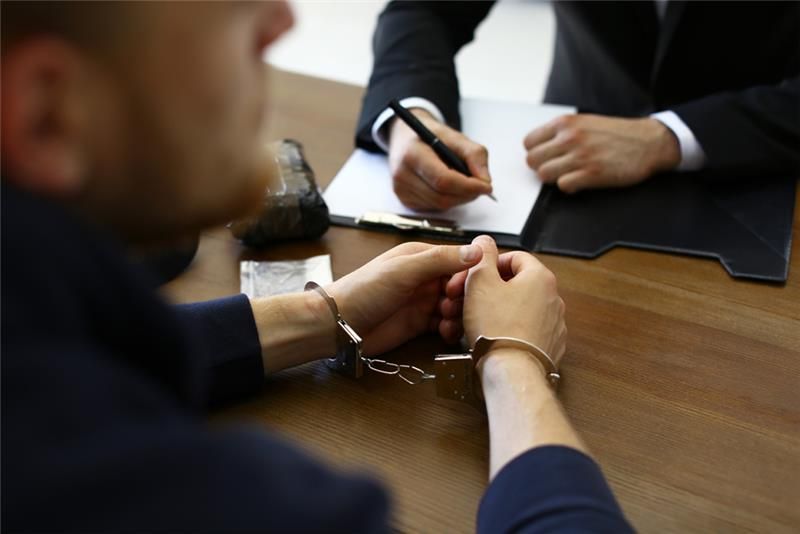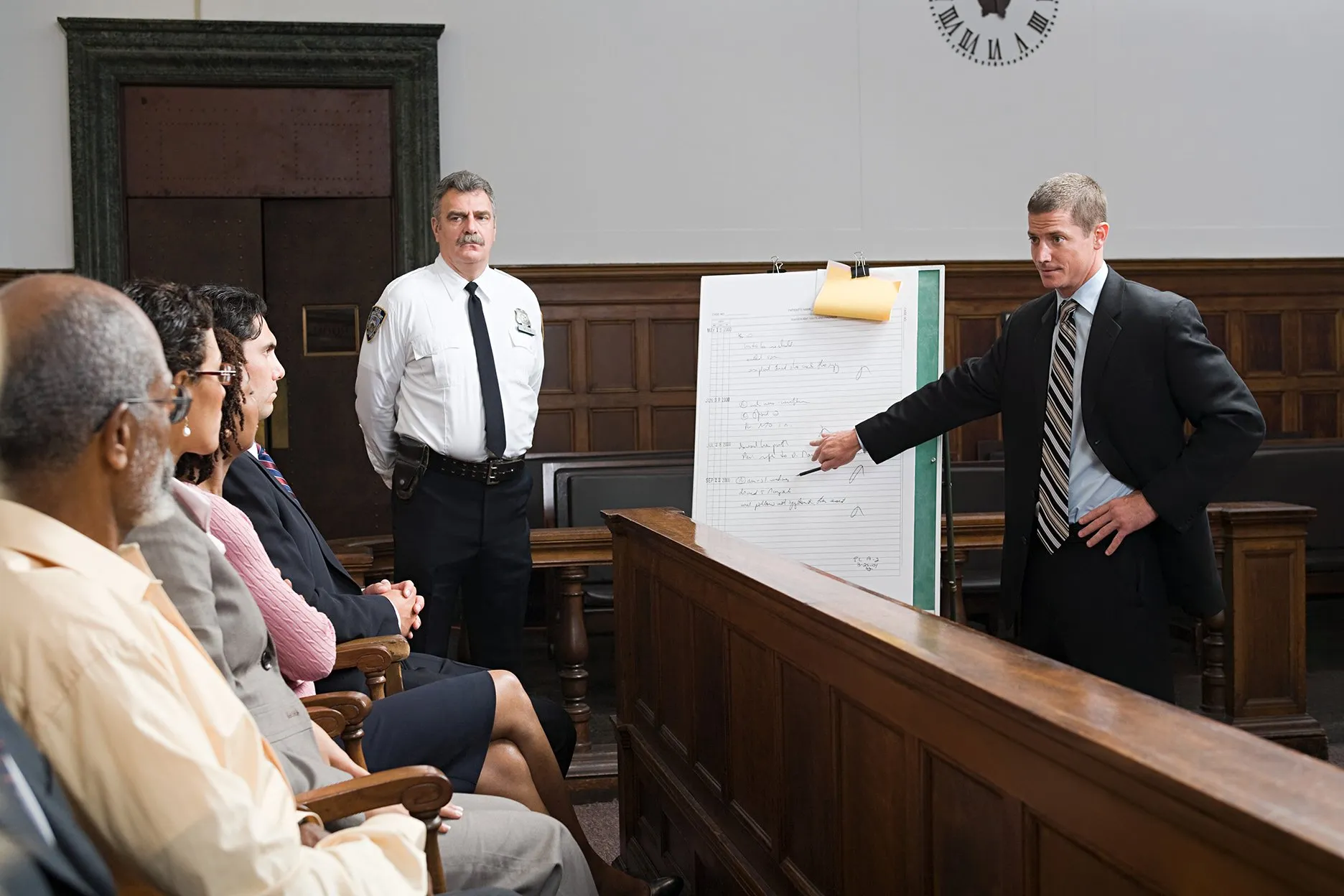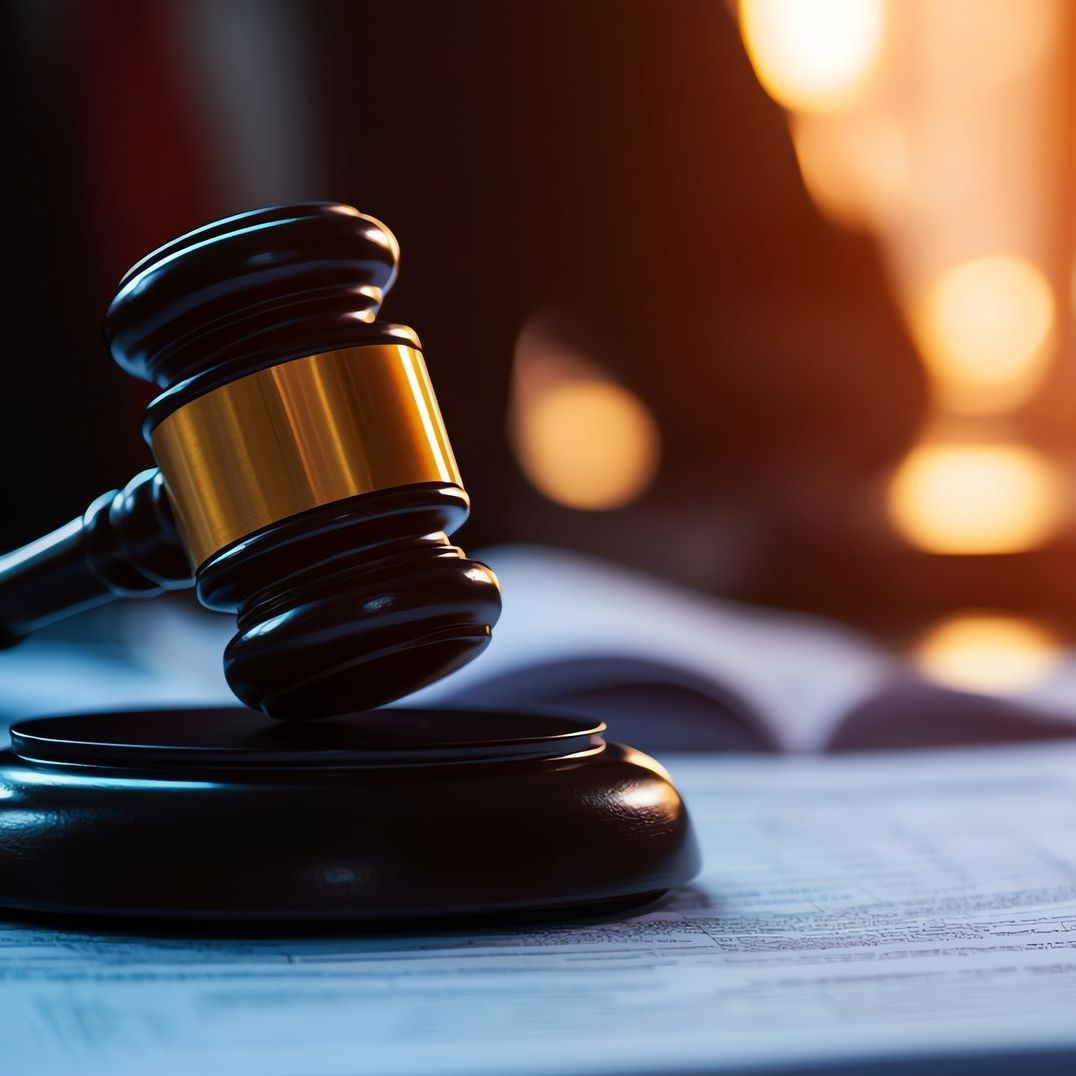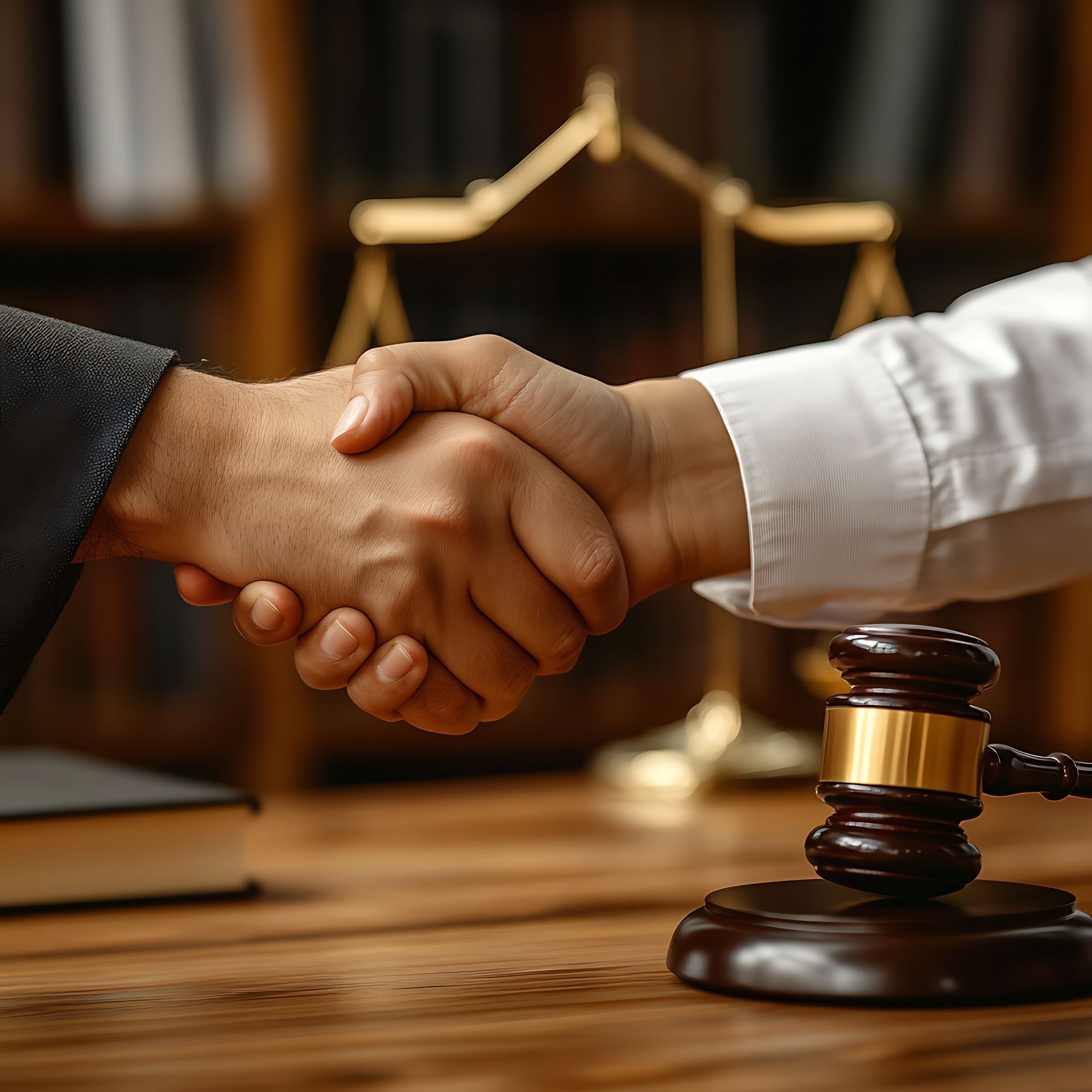Terry's Tips: What Happens After an Arrest? What You Need To Know
What Happens After an Arrest?
Getting arrested is a stressful and often terrifying situation, but an officer putting on handcuffs is only the beginning of an often long criminal process. Understanding what happens after an arrest is crucial for anyone involved in the criminal justice system, so you know how to protect your rights and avoid serious penalties whenever possible.
Below is a brief overview of the key steps that typically follow an arrest. If you’ve been arrested for any type of criminal allegation, contact a Montgomery criminal defense lawyer at Luck Law today.
Booking
The first step after an arrest is the booking process. During booking, your personal information, such as name, date of birth, and address, is recorded. Law enforcement also takes fingerprints and photographs, checks for outstanding warrants, and confiscates personal belongings. You might then be placed in a holding cell until further proceedings.
If the police try to question you about the alleged offense, you should politely invoke your right to remain silent and contact a defense attorney immediately.
Initial Appearance
In some cases, you may have an initial appearance before a judge or magistrate. This typically occurs within 24 to 48 hours of the arrest. During this appearance, the judge informs the accused of their rights, including the right to remain silent and the right to an attorney. The judge may also determine bail at this stage.
Always hire a defense attorney immediately so they are with you in court to handle this appearance.
Bail or Bond
Bail is the amount of money or property you must provide to secure your release from custody while your case is pending. If bail is set, you can post it to secure your release. If you cannot pay bail, you might remain in custody. Never pay bail without consulting with a criminal defense lawyer. Your attorney can often get your bail reduced or even eliminated at a bond hearing.
Charging Decision
The prosecuting attorney reviews the evidence and decides whether to file formal criminal charges. This decision is based on the severity of the alleged offense, the available evidence, and the prosecutor's discretion.
If You Face Criminal Charges
If charges are filed, you are formally informed of the charges during an arraignment. You must enter a plea, and you should never plead guilty to any charges at this stage. You should allow your attorney to enter your plea for you.
Pretrial proceedings include evidence gathering, witness interviews, negotiations between the prosecution and defense, and various motions filed by both sides. This stage aims to prepare the case for trial or potentially reach a plea bargain.
If you decide not to plead guilty, the case goes to trial. Both the prosecution and defense present their evidence and arguments before a judge or jury. The judge or jury then renders a verdict of "guilty" or "not guilty."
Seek Help from a Montgomery Criminal Defense Attorney
After an arrest, you have the right to legal representation at every stage of the process, and you should never face criminal charges alone. Protect your future by
consulting with Luck Law, LLC, today.

